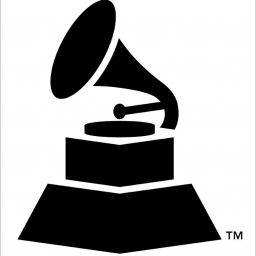Based on the popularity of our earlier post on the hallyu wave, we plan on writing more about Korean culture. We are starting with music — specifically pop and rock. This first post will mention some of the issues with Asian music in the U.S. but we will follow with separate posts discussing pop and rock.
So as a reader, you likely noticed a shift within the first paragraph — from Korean-produced culture to Asian culture. This is not by accident; while there are many real differences between the cultures of Asia, they are often perceived of as a monolith in Western eyes.
The perception of Asia as an exotic monoculture helps explain that the elements of Asian popular culture that make their way into American culture are generally subcultural and often nerdy/geeky (kung fu; anime; manga/manwha).
So what about music — the universal language? Most of the Asian (or Asian-American) musicians that are known in the U.S. are classical musicians – not involved in pop or rock. Of course, there are exceptions, but they are limited. Why?
Frederick Stiehl in Asia Pacific Arts states that
America has known few foreign artists outside of Latin America or Britain. Indeed, America has proven itself to be quite resistant to foreign singers, and especially to non-English artists. A few exceptions include Icelandic Bjork and German Rammstein …. However, both of these artists demonstrate a specialized style, known to but not followed by “mainstream” Americans.
But there are also issues with Asian-American musicians finding success in the U.S.
While not necessarily accusing American culture of discrimination, it is important to note the limited number of Asian Americans in the mainstream music industry, for whom neither English nor lack of knowledge of the culture should be a problem.
So in our upcoming posts, we will be exploring whether the Wonder Girls will make in the U..S. and why Boris is pigeonholed as Japanese rock!





[…] don’t know the artists (Faith No More & Kylie Minogue) and musical genres (J-pop & hallyu) mentioned in the title of this post, that doesn’t make you odd. You just aren’t aware […]
[…] our very diverse blog posts, some of the most popular are about hallyu, the export of Korean pop culture. While still very much a […]
[…] write a lot about hallyu (exported Korean pop culture) on this blog, and K-pop has really started to hit the mainstream U.S. press […]